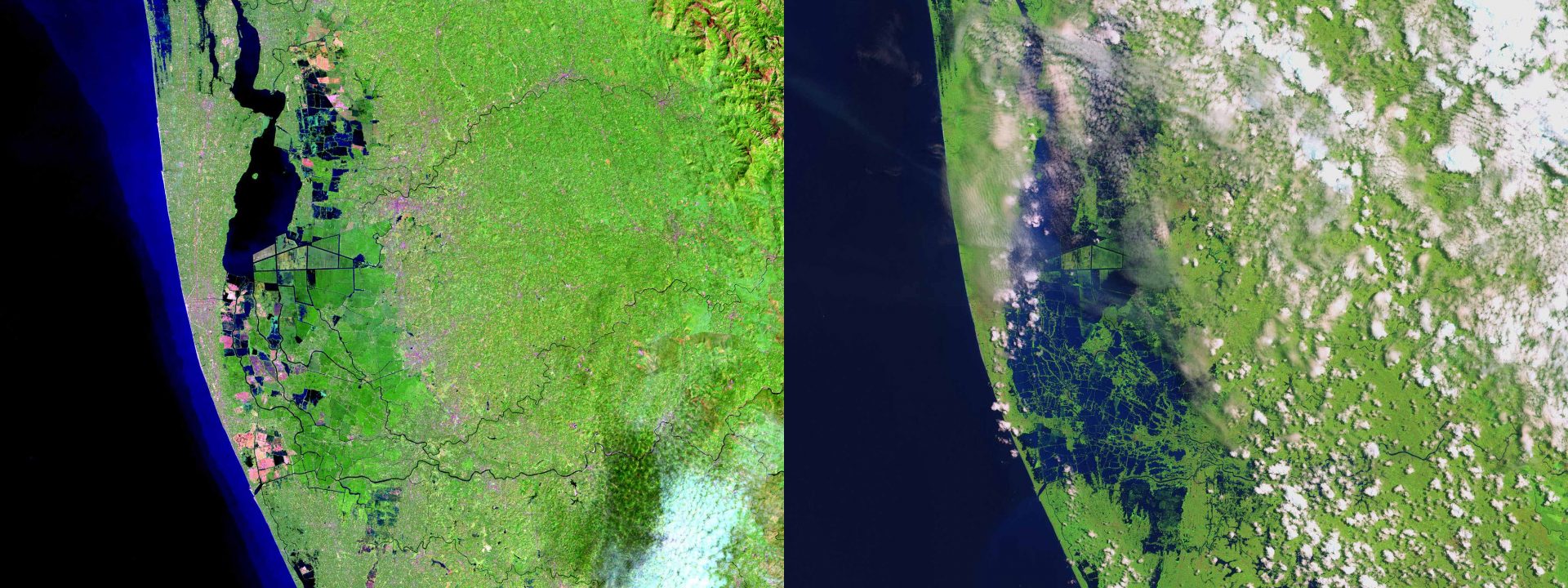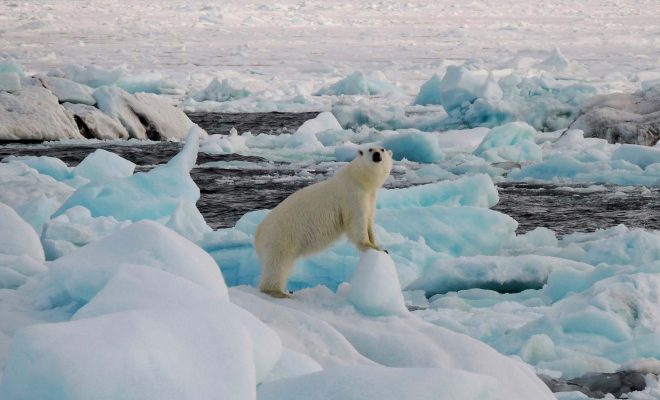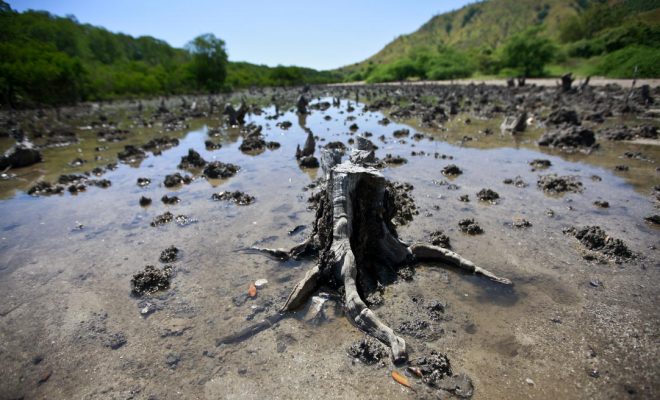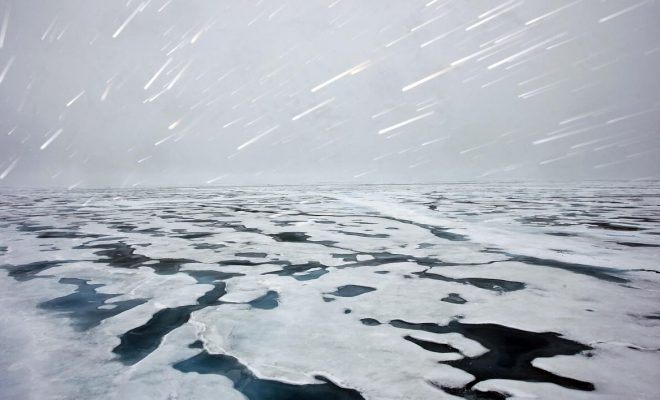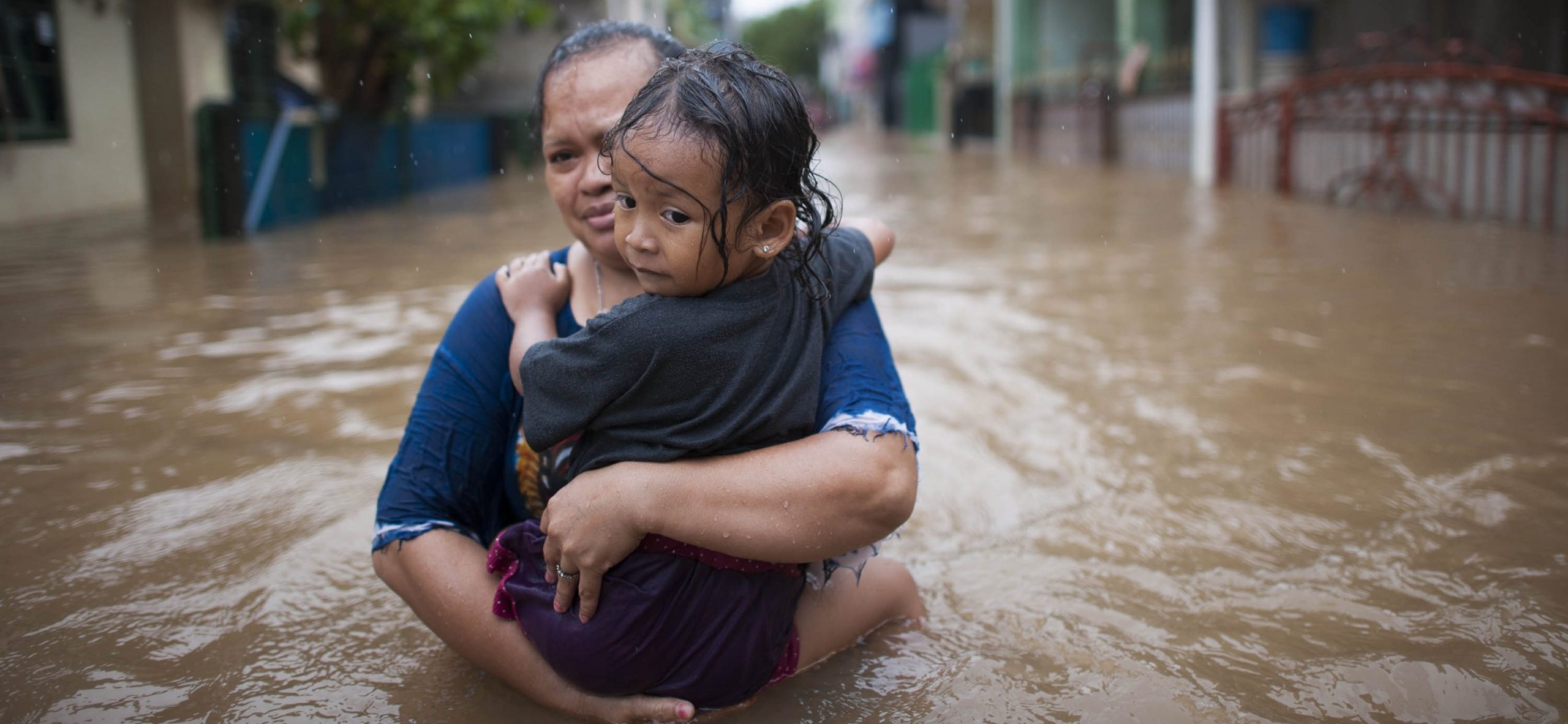
Flooding in Jakarta
©Kompas/Hendra A Setyawan (HAS) WMO
It is a must-read for governments, companies and scientists and the media should disseminate its contents: the Special Report on Global Warming of 1.5°C, known as SR15, will establish the roadmap of our actions with the aim of reducing and adapting to climate change. SR15 is a step forward from AR5, the report by the Intergovernmental Panel on Climate Change (IPCC), which was published four years ago. The new report will be the basic scientific reference in the debates of experts from over 200 countries that will meet in Katowice (Poland) in December to celebrate the COP24, the 2018 Conference of the Parties to the United Nations Framework Convention on Climate Change.
The message of SR15 is clear and conclusive: limiting the increase of the average temperature of the atmosphere to 1.5°C is a key factor if we wish to avoid the worse consequences of global warming. The new report includes the forecasts of an increase between 1.5 and 2 ºC as well as its consequences, concepts that had not been taken into account by AR5.
Exceeding this limit would imply a greater increase in heat waves, torrential rainfall and droughts, which would have a direct impact on the production of food, especially in sensitive areas such as the Middle East, the Sahel, India, Central America, South America and the Mediterranean countries and would influence migratory movements from areas of poverty, an increasingly worrying problem. The rise of the sea level is a phenomenon with incalculable consequences for all coastal communities.
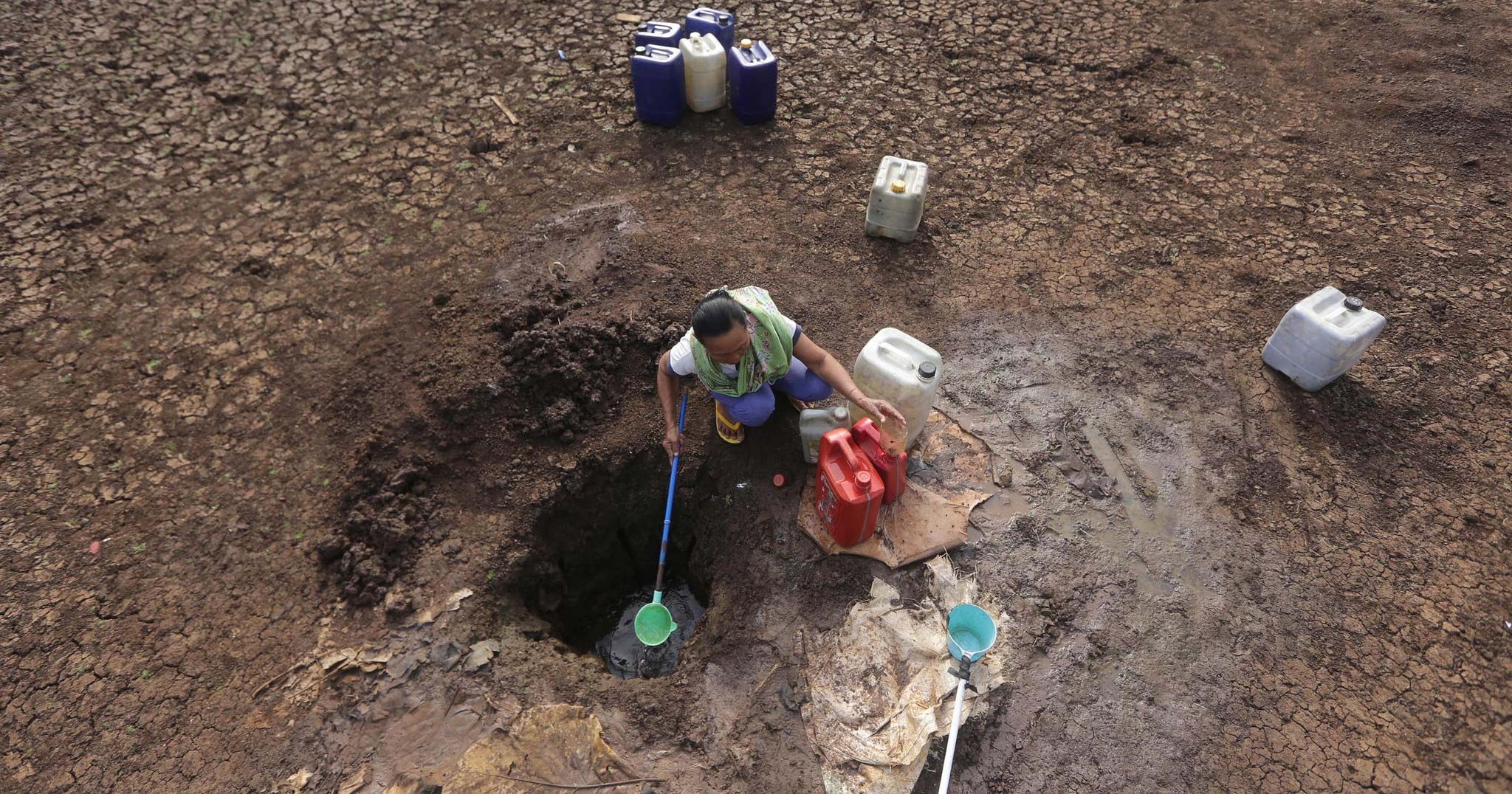
©Hasan Sakri Ghozali /WMO
Three years since the confirmation of change
Since the appeal of COP 21, the conference held in Paris in 2015, three tumultuous years have gone by that have confirmed the forecasts of AR5 and have even worsened them.
On the one hand, droughts, flooding and especially violent cyclones have hit large areas of the planet. Of particular significance have been the phenomena experienced in 2018, which have led to unthinkable situations in all continents. The heat waves and forest fires in areas close to the Arctic have contrasted with an unusual and sudden increase of violent phenomena in the Mediterranean region, an area with storms that have broken historic records claiming many victims.
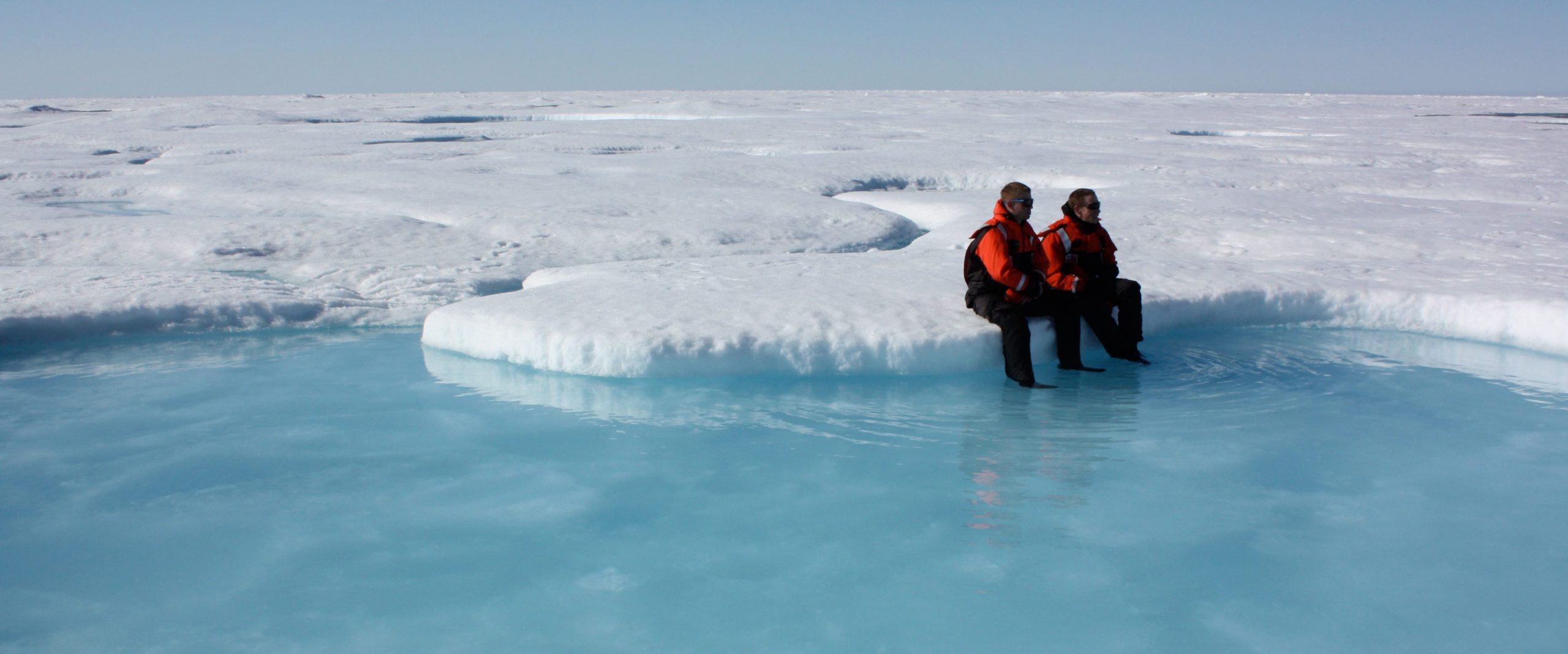
July 13, 2011, during the ICESCAPE mission of NASA, to study the “Impacts of Climate on Ecosystems and Chemistry of the Arctic Pacific Environment.”.
© NASA/Kathryn Hansen
In Paris, the 195 participating countries reached a global agreement by consensus to reduce the emissions of greenhouse gas as quickly as possible in order to keep global warming “well below” 2 ºC. Since then, convulsive changes have taken place in the political sphere. The withdrawal of the US government from the agreement, with arguments generally based on the denial of climate change, which has been openly expressed by Donald Trump, meant a heavy blow to the UN expectations. However, it also opened the door to hope, as it caused an important change in China’s position, which is considered the most polluting country in the world, as it produces 29% of the global emissions of greenhouse gas. Xi Jinping’s government, which sees its country suffering the death of more than one million people due to pollution, is already implementing important measures following the Paris agreements.
Half a degree is decisive
SR15 states that at the rate at which we burn fossil fuels, we will exceed 1.5 ºC between 2030 and 2052. It also lowers the expectations generated in Paris, where 2 ºC was set as an insurmountable limit; many of the negative impacts already predicted if the atmosphere increased its temperature by 2 °C are more likely to happen now at only 1.5 ºC. The report also confirms that gas emissions have already increased the average temperature of the atmosphere by 1 ºC if compared with the period before the Industrial Revolution of the 19th century. This is one of the most worrying traits of the Anthropocene, the era in which nature is being altered by human activity.
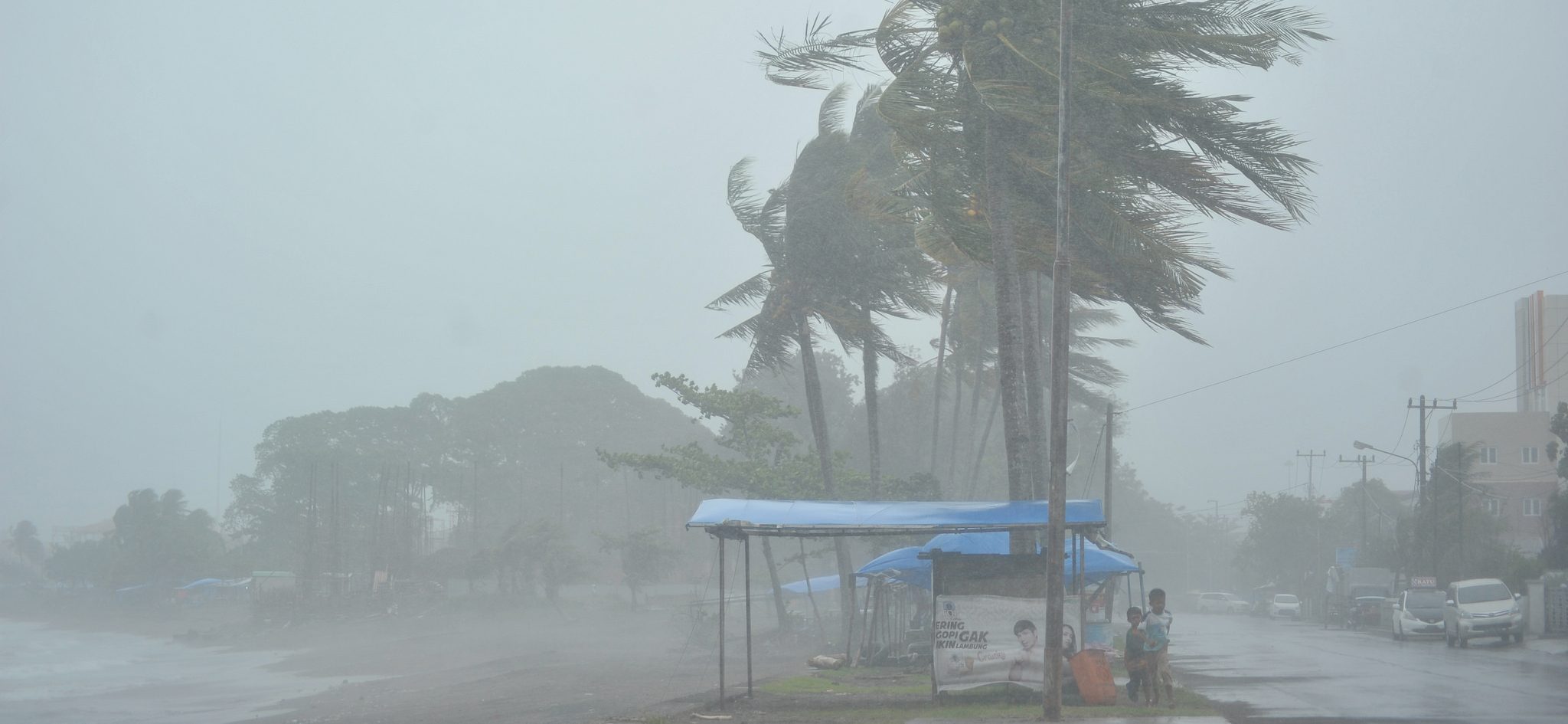
Sumatra.
©Antara/Iggoy/ WMO
The text of the IPCC also assures that in order not to exceed 1.5 ºC it is essential to accelerate the measures already implemented in most regions of the world and to expand their scope to all fields of the political and business world, but above all among the civil society which will need to change its lifestyle and energy consumption habits.
Scientists are increasingly aware that every half degree is important for people and for nature and they warn that the effects for ecosystems and for life on the planet would be less catastrophic if that half degree could be lowered.
At the presentation of SR15 in Incheon (South Korea) on the 1st October, the president of IPCC, Hoesung Lee, warned of the magnitude of the challenge we are facing: ”Keeping global warming at a level below 1.5 degrees instead of 2 will be very difficult, but not impossible.” Its vice-president, Thelma Krug, told EFE Verde that “we need to face unprecedented changes if we want to avoid exceeding this 1.5ºC, and it is essential to reduce CO2 and other greenhouse gas emissions into the atmosphere to zero by 2050.”
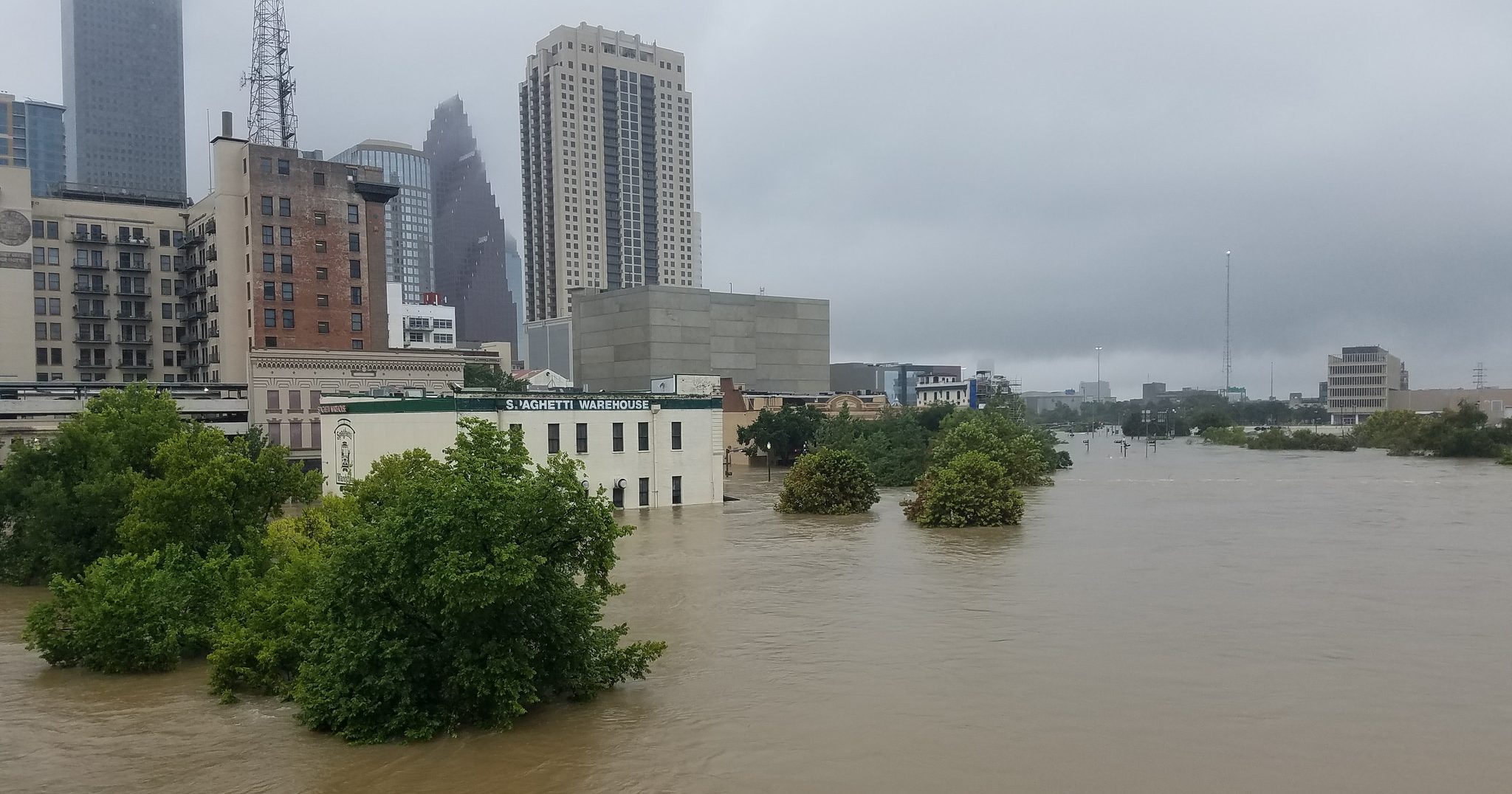
Flooding in Houston, Texas
©Tom Fitzpatrick, FUGRO
What do we need?
Krug herself admitted there is still not enough technology to achieve it if we intend to keep the global temperature at 1.5 ºC, but this technology will become available if economic incentives are developed. A key part of this enormous transformation will be the restructuring of the financial system in order to accelerate the investments in technology, solutions and associations that are necessary to decarbonize the economy and, above all, to promote a change of behavior, a key factor for the new model to be successful.
In this sense Europe is at the forefront of the development of policies and frameworks to support a fast and significant transition towards a circular economy without carbon emissions, with initiatives such as the Action Plan on Sustainable Finance driven by the European Commission of the EU. The IPCC estimates that an investment of around 2.4 trillion dollars (approximately 2.5% of the global annual GDP) is needed in the energy system between 2016 and 2035.
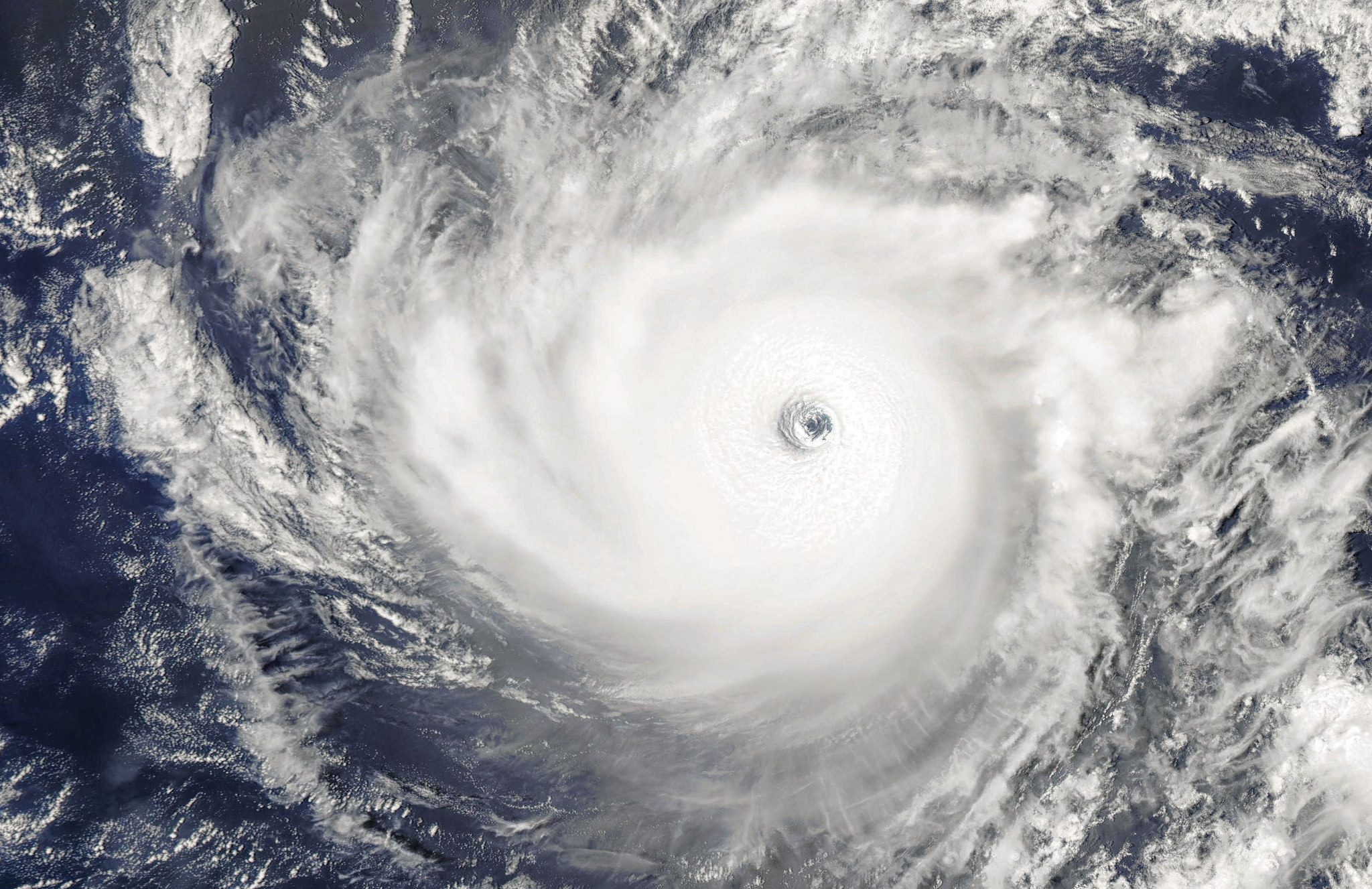
Hurricane Hector, 6 August 2018.
©NASA
Collaboration in communication
Apart from the development of technological tools and regardless of the advances towards a circular economy, the dissemination of the message of the SR15 is essential to achieve a deep social change that leads to global awareness. United Nations will double its efforts in communication, as already advanced by Alison Smale, United Nations Under-Secretary-General for Global Communications, when she visited the We Are Water Foundation last February and she stressed the importance of collaborating in the dissemination of objective and intelligible messages. “The We Are Water Foundation has the gift of clearly addressing complex issues. – Smale pointed out – And it does this by means of powerful initiatives and communication tools that we need to keep and protect. Especially in the 21st century, in a world filled with digital information noise, we need to generate messages that get to the essence of things. This is the goal of the We Are Water Foundation and it coincides with that of United Nations, therefore we need to work together to work better.”
As a result of this visit, Alison Smale invited the We Are Water Foundation to the UN Headquarters in New York City to hold several meetings with communication officers of UN Water of theDepartment of Economic and Social Affairs (UN DESA) and the UN regional Information Center (UNRIC). Xavier Torras, director of the We Are Water Foundation, commented: “These have been very fruitful meetings in which we have addressed some of the key aspects of our communication work and how we intend to work together. The fight to achieve water security and all SDGs involves raising awareness of climate change and its consequences. It is a challenge that requires maximum collaboration and I am convinced we are on the right path to achieve it.”
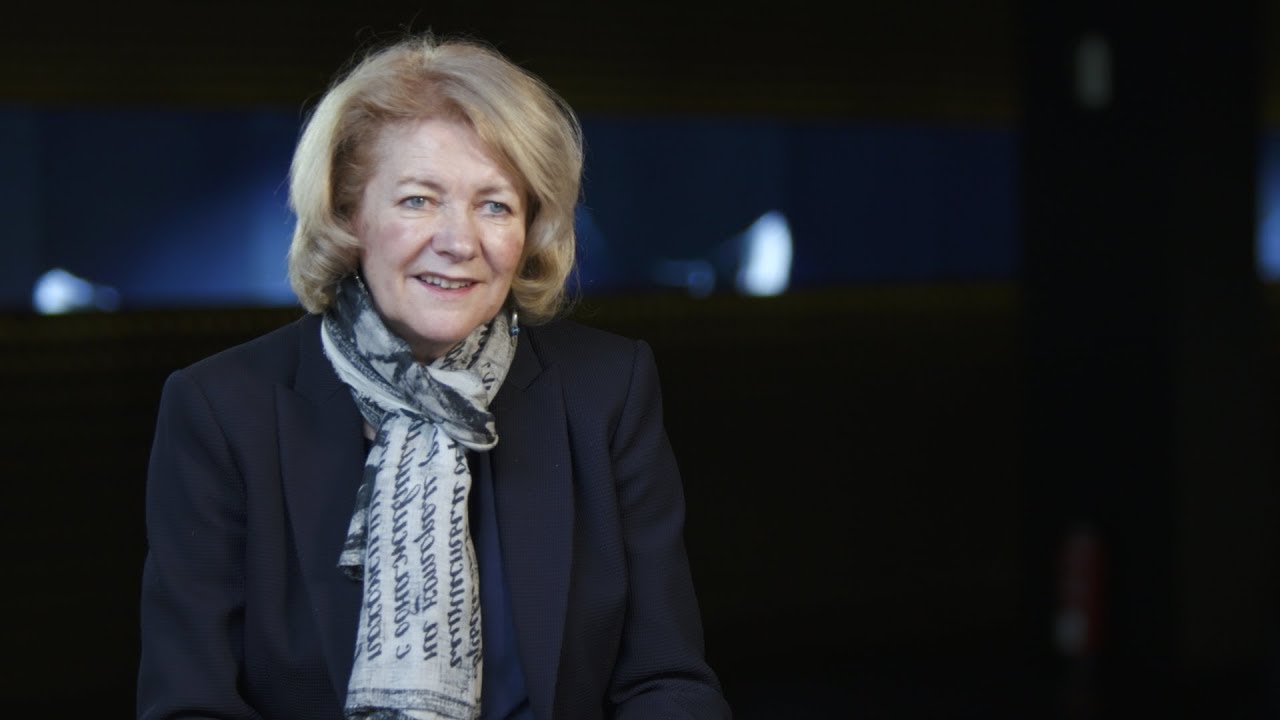
Xavi Torras, at the UN headquarters in New York City on the 19th November.
The world that fights for the achievement of the Sustainable Development Goals (SDGs) and especially the one that debates the achievement of full access to water for food security and a dignified life; the world that is forced to overcome tragic hurricanes, typhoons and devastating floods year after year and that sees how its poorest neighborhoods are threatened by the rise in sea level, needs the planet to overcome the announced climate disaster. The global socio-economic balance needs adaptive certainties in order not to trigger migratory flows from the most vulnerable areas.
We are obliged to inform in order to raise awareness and we need to do it from an objective point of view, intelligibly and trusting science. Reading SR15 is a good start.


